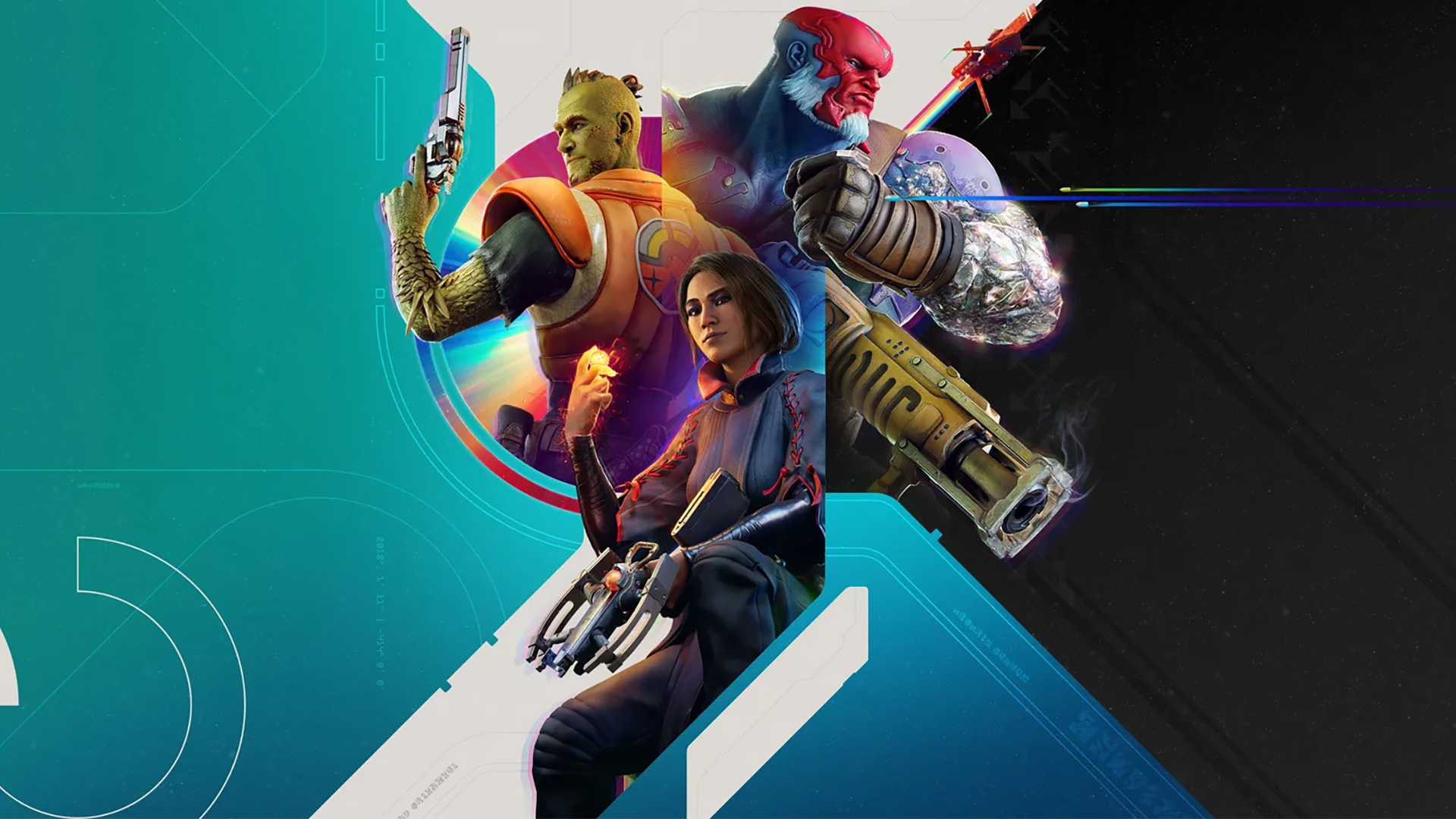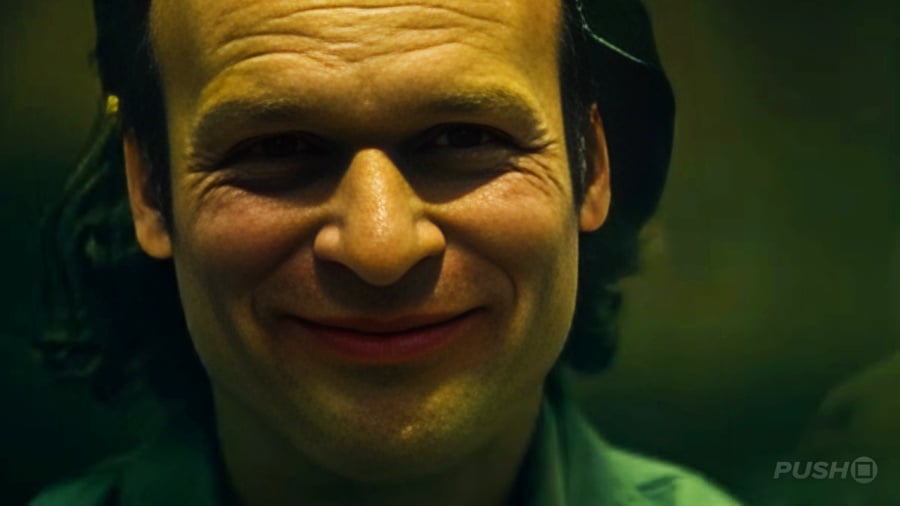Loomy
Thinks Microaggressions are Real
Sony Interactive Entertainment CEO Herman Hulst spoke to the Financial Times (in a paywalled article that has been recapped by Genki on Twitter) about Concord's failure and Sony's continued push to live service despite it. Hulst says the fiasco has led Sony to "put in place much more rigorous and more frequent testing." He adds, "The advantage of every failure is that people now understand how necessary" oversight is.
Hulst also added, "I don't want teams to always play it safe, but I would like for us, when we fail, to fail early and cheaply" which is a far cry from Concord's eight-year development and reportedly massive budget.

Architect of Sony's disastrous 'live-service push' says failures are good actually, because now there's "more rigorous and more frequent testing"
"I don't want teams to always play it safe, but I would like for us, when we fail, to fail early and cheaply"






